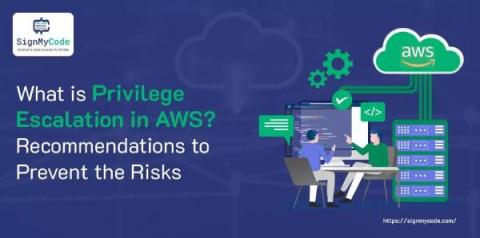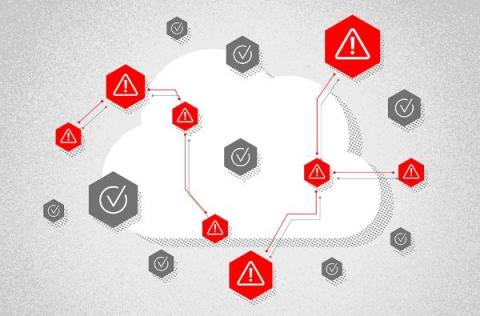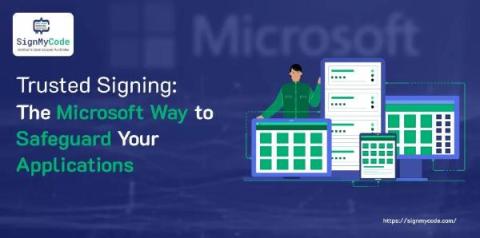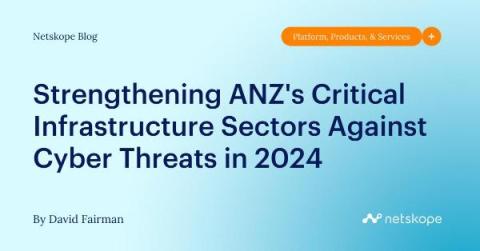What is Privilege Escalation in AWS? Recommendations to Prevent the Risk of Privilege Escalation on AWS
Privilege escalation in AWS refers to the unauthorized elevation of user privileges within the AWS environment, allowing users to access resources and perform actions beyond their intended level of permissions. This security risk would arise in case the attackers utilize the vulnerabilities or misconfigurations in AWS services, IAM policies, or access controls to take up privileges above the current level.











